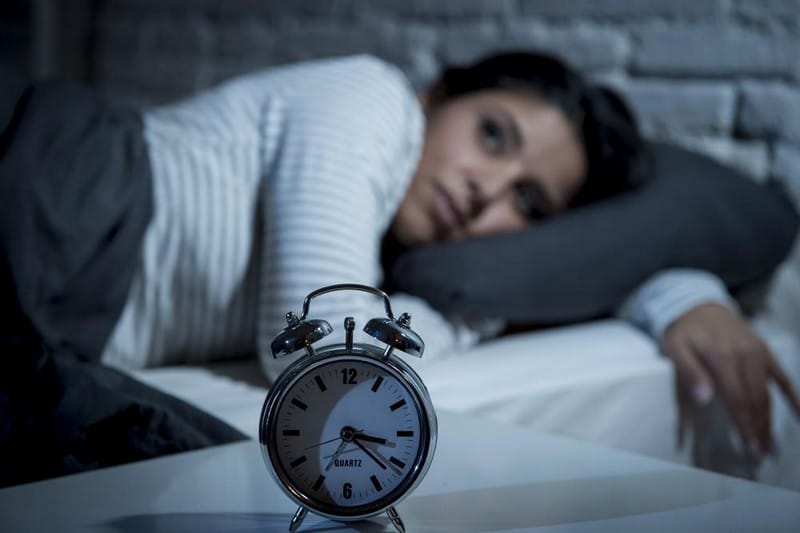Trouble Sleeping

Insomnia is a sleep condition in which a person has trouble falling asleep or remaining asleep throughout the night. Estrogen and progesterone, which are female sex hormones, are engaged in various activities responsible for regulating sleep. Insomnia may be caused by fluctuations in levels, which can occur during menstruation, pregnancy, and perimenopause in women. Sleeping problems are more likely to occur in women when stressed and more likely to suffer from mood disorders like anxiety. The liver is responsible for processing hormones, which involves the absorption of beneficial compounds into circulation and the breakdown and elimination of waste products. When there is an excess of estrogen in the body, it forces the liver to work harder than usual. This may lead to sleep that is disrupted.
Estrogen and sleep difficulties are intimately linked, and it is known that replenishing low progesterone and low estrogen in many women may finally ease insomnia. Estrogen and progesterone may have negligible effects on the brain’s electrical activity during the different stages of sleep and wakefulness. Consequently, an excess of estrogen in the body may result in insomnia. In addition, estrogen may impede the body’s ability to produce melatonin, a hormone that produces nighttime drowsiness.










